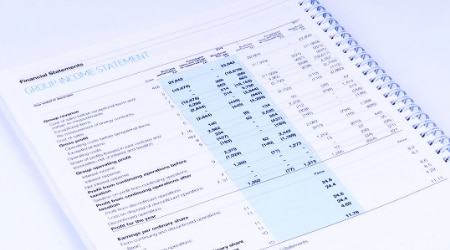Method 2: The Actual Costs Method
True to its name, the actual costs method is meant to track every deductible business cost you have related to your car. This includes gasoline, insurance, maintenance, depreciation, lease payments and more. This often means a lot of receipts to track, whether you do so manually or with expense-tracking software like QuickBooks.
One thing you’ll also have to track is depreciation. Depreciation is when you apply portions of a single expense over a prolonged period of time. For example, say you buy a $12,000 car, your car doesn’t provide all its value in the first year, because you’ll own it for longer than that. It provides you value for the entire time you have it, which means you’ll have to manually account for its depreciation.
The easiest way to calculate your depreciation for the year is using what is known as the 'straight-line method', this is the total cost divided by the number of years. So if you depreciate a $12,000 car over seven years (the number of years the IRS has set for car depreciation), that’s $12,000 / 7 = $1,714 per year depreciation expense.
There are also other methods, like the 200% declining balance or 150% declining balance, but the IRS generally prefers the straight-line method.
And one more note, once you use the actual costs method, you will not be allowed to use the standard mileage rate the following tax year.
Sound confusing? It can be. That’s why most people decide to use the standard mileage rate.
















